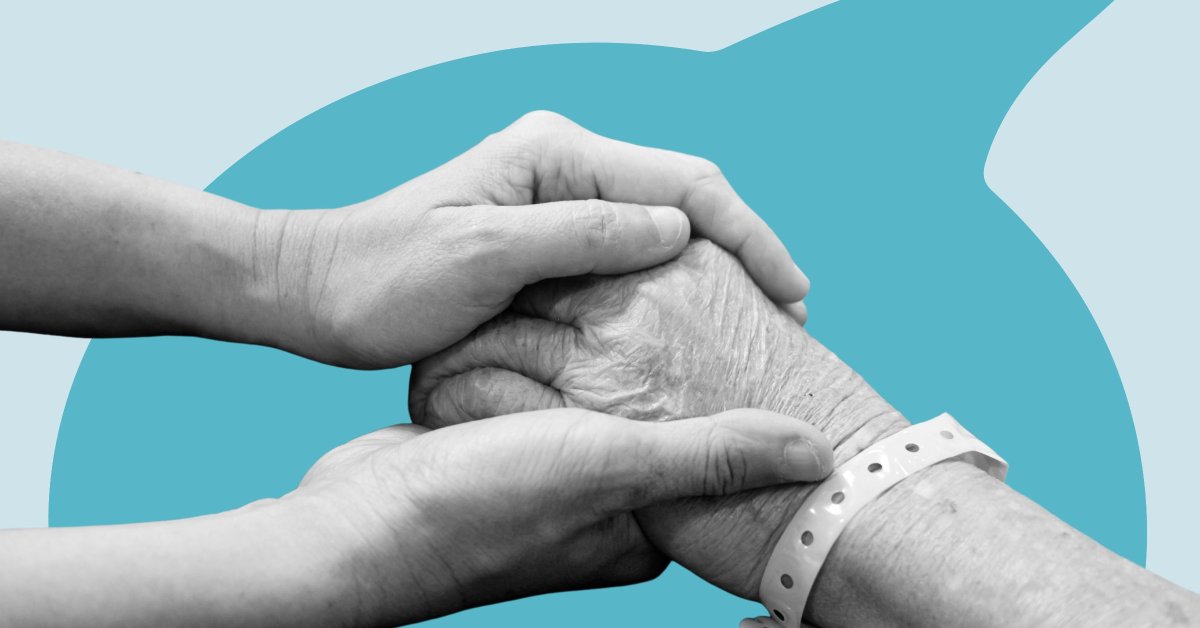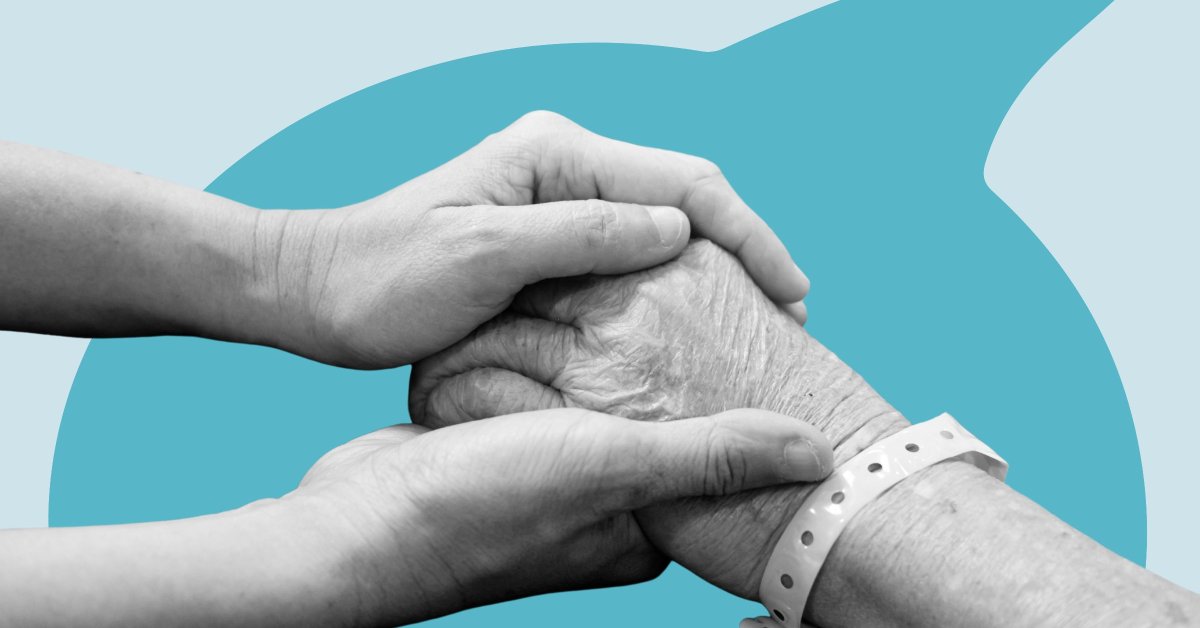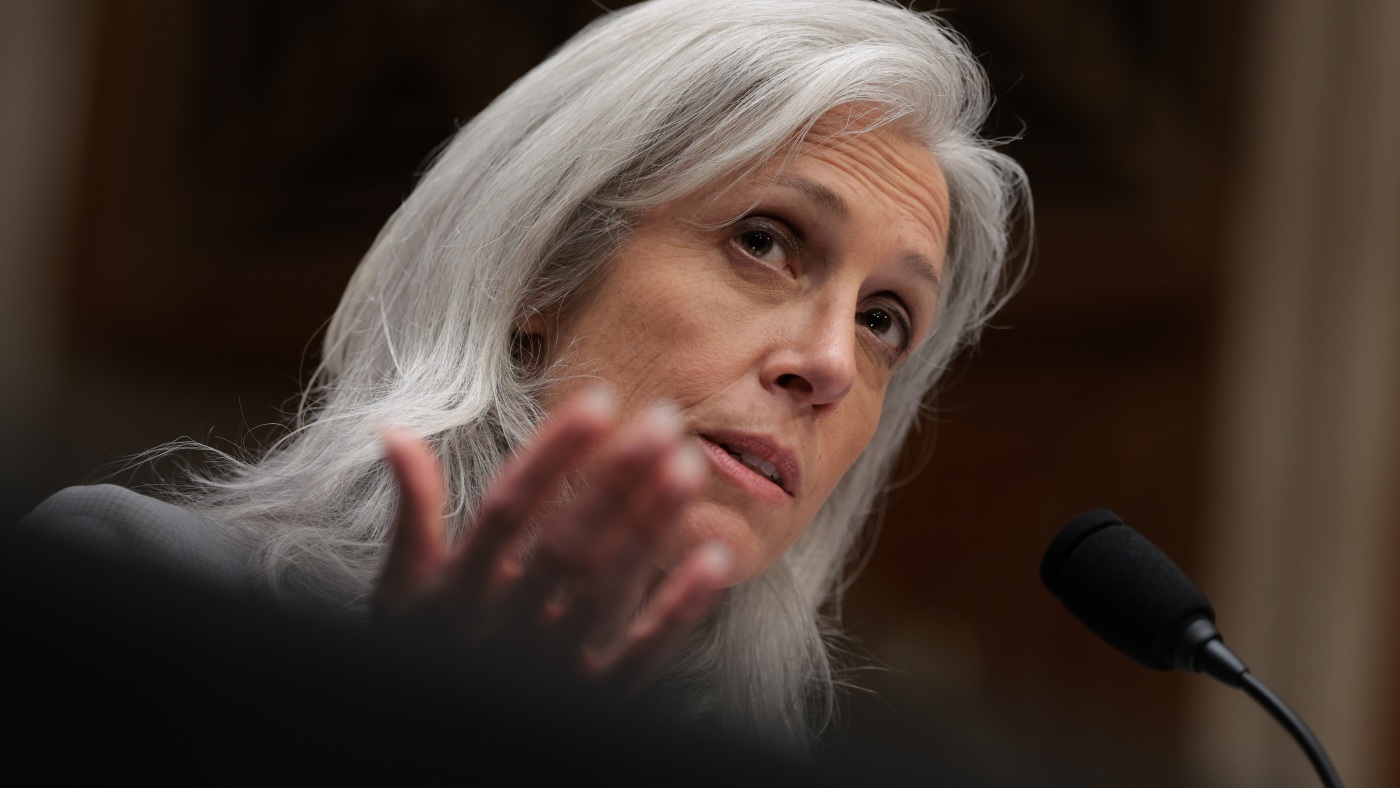What To Say (and Not Say) To Someone With A Cancer Diagnosis

Welcome to your ultimate source for breaking news, trending updates, and in-depth stories from around the world. Whether it's politics, technology, entertainment, sports, or lifestyle, we bring you real-time updates that keep you informed and ahead of the curve.
Our team works tirelessly to ensure you never miss a moment. From the latest developments in global events to the most talked-about topics on social media, our news platform is designed to deliver accurate and timely information, all in one place.
Stay in the know and join thousands of readers who trust us for reliable, up-to-date content. Explore our expertly curated articles and dive deeper into the stories that matter to you. Visit Best Website now and be part of the conversation. Don't miss out on the headlines that shape our world!
Table of Contents
Navigating the Difficult Terrain: What to Say (and Not Say) to Someone with a Cancer Diagnosis
A cancer diagnosis is a life-altering event, plunging individuals and their loved ones into a sea of uncertainty and fear. Knowing what to say—and, perhaps more importantly, what not to say—can make all the difference in offering comfort and support during this challenging time. This article provides guidance on navigating these sensitive conversations, helping you offer meaningful support while avoiding well-intentioned but potentially hurtful remarks.
What to Say: Words of Comfort and Encouragement
Offering support requires sensitivity and empathy. Here's what you can say to offer comfort and encouragement to someone facing a cancer diagnosis:
- "I'm so sorry to hear this. I'm here for you." This simple statement conveys empathy and offers unwavering support without minimizing their experience.
- "How can I help?" This open-ended question allows the individual to express their specific needs, whether it's practical assistance (like errands or childcare), emotional support, or simply companionship.
- "I'm thinking of you and sending you strength." A heartfelt message of support can offer comfort and reassurance.
- "Tell me about what you're going through." This shows that you're genuinely interested in listening and understanding their experience. Active listening is crucial.
- "I'm here to listen, without judgment." Sometimes, simply having someone to talk to without feeling pressured to offer solutions is incredibly valuable.
Focusing on Practical Support:
Beyond words, practical support can be invaluable. Consider offering help with:
- Meal preparation: Organizing a meal train with friends and family can alleviate the burden of cooking.
- Transportation to appointments: Offer to drive them to and from doctor's appointments and treatments.
- Childcare or pet care: Assisting with childcare or pet care frees up their time and energy to focus on their health.
- Running errands: Offer to pick up groceries, prescriptions, or other necessities.
What NOT to Say: Avoiding Harmful and Unhelpful Phrases
While well-intentioned, certain phrases can unintentionally cause pain and distress. Avoid saying:
- "I know how you feel." Unless you've personally experienced cancer, you can't truly know how they feel. Instead, express empathy with "I can only imagine how difficult this must be."
- "Everything happens for a reason." This statement trivializes their suffering and offers no comfort.
- "You're so strong." While meant to be encouraging, this can put undue pressure on the individual to remain positive all the time.
- "Stay positive!" or "Think positive thoughts!" This can be invalidating for someone struggling with intense emotions.
- "You'll beat this!" While hopeful, it can create unrealistic expectations and added pressure. Focus on supporting them through their journey, regardless of the outcome.
- Comparing their situation to others. Every cancer journey is unique. Avoid comparisons.
Maintaining Connection and Respect:
Remember that the individual's experience is unique. Be patient, understanding, and respectful of their emotional responses. Avoid unsolicited advice and focus on being a supportive presence in their life.
Moving Forward: Continued Support and Resources
Offering long-term support is equally important. Continue checking in, even after the initial shock of the diagnosis. For more information and support resources, consider visiting the or the .
Call to Action: Share this article with others to help them learn how to offer meaningful support to those facing a cancer diagnosis. Your words and actions can make a profound difference.

Thank you for visiting our website, your trusted source for the latest updates and in-depth coverage on What To Say (and Not Say) To Someone With A Cancer Diagnosis. We're committed to keeping you informed with timely and accurate information to meet your curiosity and needs.
If you have any questions, suggestions, or feedback, we'd love to hear from you. Your insights are valuable to us and help us improve to serve you better. Feel free to reach out through our contact page.
Don't forget to bookmark our website and check back regularly for the latest headlines and trending topics. See you next time, and thank you for being part of our growing community!
Featured Posts
-
 Dc Council Votes On Crucial 2026 Budget What To Expect
Jul 29, 2025
Dc Council Votes On Crucial 2026 Budget What To Expect
Jul 29, 2025 -
 Pay Micah Fans Plea To Jones Echoes At Camp
Jul 29, 2025
Pay Micah Fans Plea To Jones Echoes At Camp
Jul 29, 2025 -
 Indigenous Origins To Modern Megacity Mexico Citys 700 Year History
Jul 29, 2025
Indigenous Origins To Modern Megacity Mexico Citys 700 Year History
Jul 29, 2025 -
 Lionel Messi And Chris Martin An Unexpected Encounter At Coldplay Concert
Jul 29, 2025
Lionel Messi And Chris Martin An Unexpected Encounter At Coldplay Concert
Jul 29, 2025 -
 Navigating Difficult Conversations Providing Support After A Cancer Diagnosis
Jul 29, 2025
Navigating Difficult Conversations Providing Support After A Cancer Diagnosis
Jul 29, 2025
Latest Posts
-
 Mario Kart World Nintendo Alters Open World Design For Traditional Races
Jul 30, 2025
Mario Kart World Nintendo Alters Open World Design For Traditional Races
Jul 30, 2025 -
 Scotland Trip Reignites Scrutiny Of Trumps Golf Course Conduct
Jul 30, 2025
Scotland Trip Reignites Scrutiny Of Trumps Golf Course Conduct
Jul 30, 2025 -
 Senate Action Historic Confirmation Of New Cdc Director
Jul 30, 2025
Senate Action Historic Confirmation Of New Cdc Director
Jul 30, 2025 -
 Confirmed Trumps Cdc Pick Faces Off Against Rfk Jr S Anti Vaccine Agenda
Jul 30, 2025
Confirmed Trumps Cdc Pick Faces Off Against Rfk Jr S Anti Vaccine Agenda
Jul 30, 2025 -
 Ghislaine Maxwells Connection To Jeffrey Epstein A Deep Dive
Jul 30, 2025
Ghislaine Maxwells Connection To Jeffrey Epstein A Deep Dive
Jul 30, 2025
